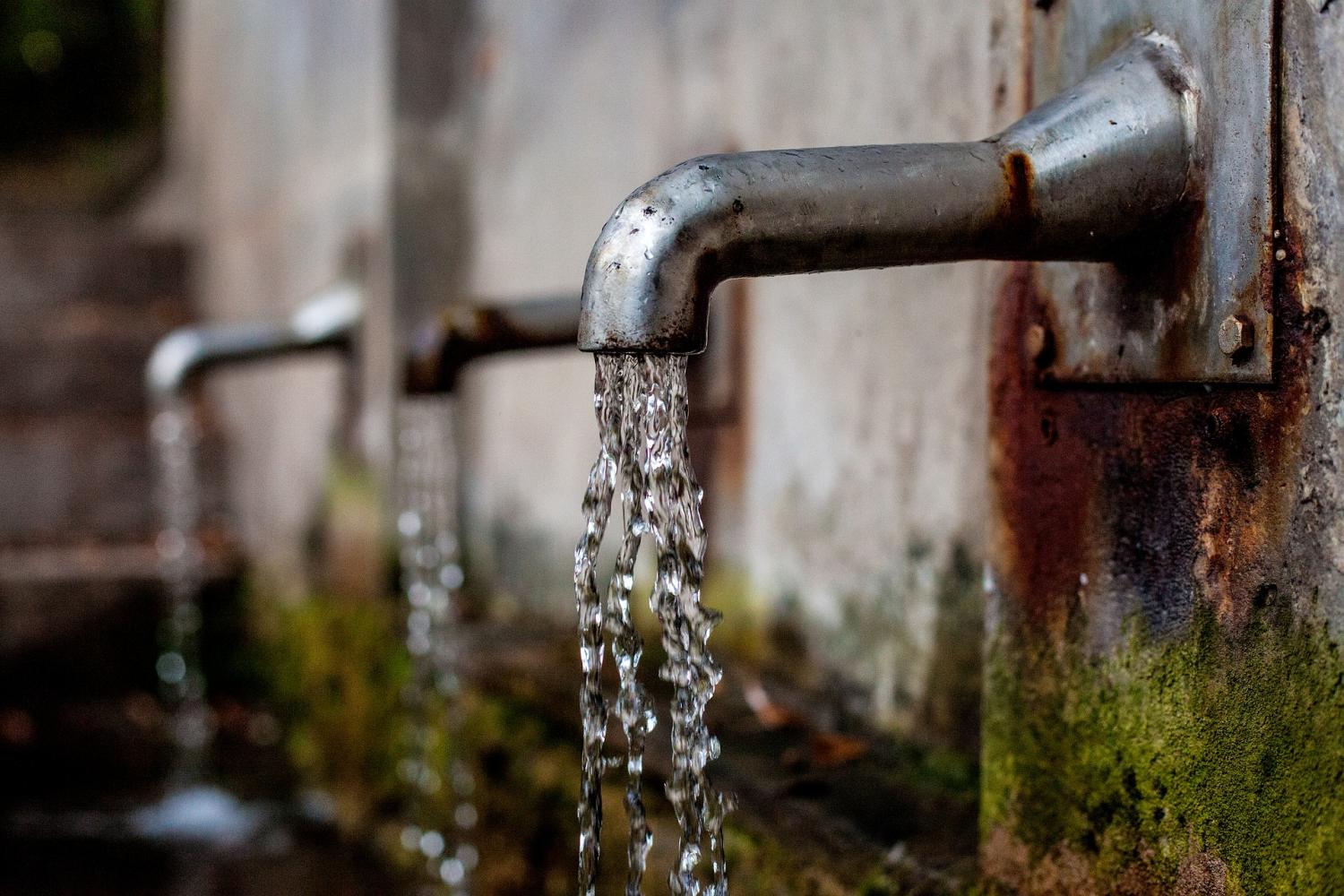Historically, water managers throughout the thirsty state of California have relied on hydrology and water engineering—both technical necessities—as well as existing drought and flood patterns to plan for future water needs.
Now, climate change is projected to shift water supplies as winters become warmer, spring snowmelt arrives earlier, and extreme weather-related events increase. Some water utilities have started to consider these risks in their management, but many do not. Lack of climate change adaptation among water utilities can put water supplies and the people dependent on them at risk, especially in marginalized communities, a new University of California, Davis, paper suggests.
The paper, which analyzes various approaches to climate science by drinking water utility managers in California, was presented along with new research at the American Sociology Association Conference in Philadelphia on Aug. 11. The paper, “Climate Information? Embedding Climate Futures within Social Temporalities of California Water Management,” was published this spring in the journal Environmental Sociology.
